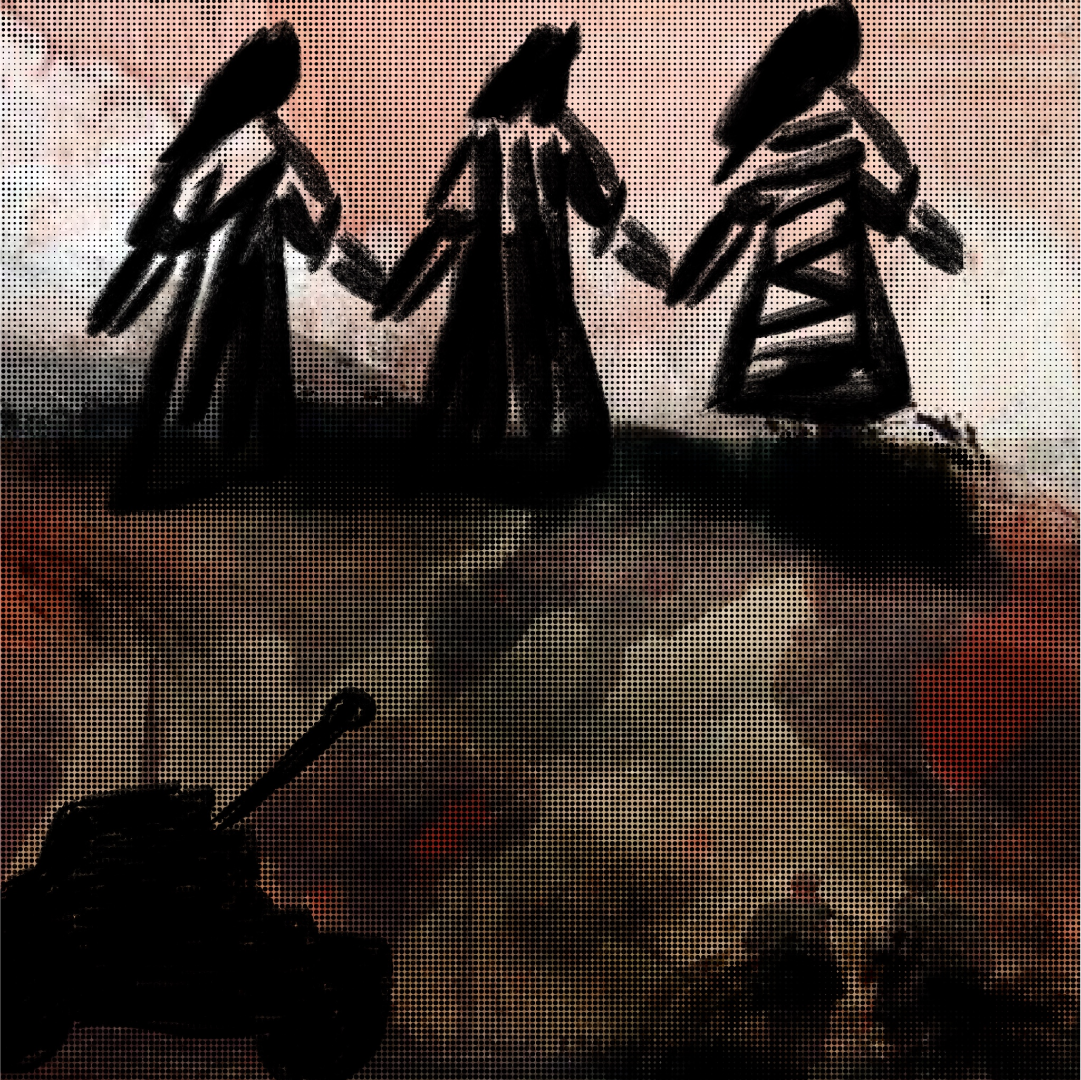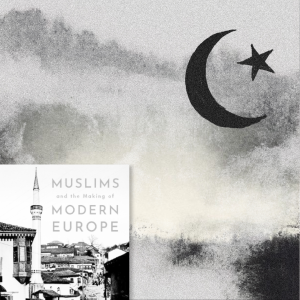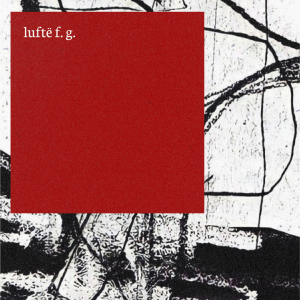Post-Yugoslav Sisters
A poem by Wisława Szymborska says that there is a clean-up in the wake of a war. There is always someone who, holding a broom, will remember, while someone will be listening, with their head still on their shoulders.
This turned literal in the post-Yugoslav context both during the wars and earlier as well. In the relationship between a woman and a broom, a stereotypical perilous image was born. The history of the Middle Ages showed us that South Slavic women were persecuted by the Inquisition. In the territory of present day Croatia, hundreds of women – witches (“copranice”) – died in those processes. The twentieth century unraveled through social mechanisms of persecution of women that haven’t changed in centuries.
The story begins with a woman’s betrayal of norms and loyalty to the “unquestionable collective values”. Then comes her accusation and satanization. The process ends with a serious juridical process by the secular and religious authorities, but also by ordinary people hungry for blood.
With the disintegration of Yugoslavia during the war, the sisters (and only a few brave brothers), Yugoslav intellectuals, authors, artists, and activists until recently, found themselves on different sides of borders which separated them as enemies.
A bloody border and political threats did not discourage them from rebelling against wars, madness of violence, and destruction. Women gathered, networked, made public actions, appealed, wrote, helped dissidents, protected refugees, provided humanitarian aid, criticized the government, and risked their own lives along the way. Women in Black from Belgrade, the largest center of the disintegrating state, showed how to live pacifism in the hardest and cruelest of times. It was women who reached out to other women across borders.
When I reflect on the past, considering my childhood in besieged Sarajevo and the tragedies that struck my family, I find the activist ideal and self in cooperation and coexistence with Women in Black. On the basis of feminist and anti-militaristic beliefs, I choose to stick to the side of humanistic engagement in my profession – the science of literature, too.
Almost a century ago, Ksenija Atanasijević noted in her philosophical writings the wise task of a fight – to describe society. Therefore, from the position of a scientist, I focus on testimonies about marginalized women’s history, or herstory. In the intersection and transnational, as the post-Yugoslav approach, I found the possibility to cross the constraints of (today’s) national and rigid ideological border in order to discover and interpret the suppressed records of women’s experiences of the war.
My goal is to analyze the way the female subject is articulated and to reconstruct the transformation of the identity of women on different sides of borders and in different roles in wars. It is very challenging to advocate narratives that are not aligned with official community policies. Despite the problems caused by refusing the suggestions to focus on the “suffering of my ethnic group”, and becoming another victimizing voice, guided by the aforementioned principles, I chose to confront the culture of war with the female side of the story of wars, with ethics in writing, pacifism, humanism, and empathy towards others.
Broom and War Clean-Up
The world-famous post-Yugoslav writer Dubravka Ugrešić rightly wrote that the wars in Yugoslavia had been men’s wars, between brothers turned enemies in a span of one day.
Philosopher Rada Iveković noticed that there was a patriarchal hierarchy in fratricidal warfare that left no room for women. In addition, the poet Maruša Krese describes the Yugoslav wars as anti-feminist.
There is something intriguing in decoding the wars in Yugoslavia that strongly reminds me of Virginia Woolf and her saying about the sexual instinct that leads men to wars and women to resistance, because, why would they ask their brothers/men to wage war for them and protect “our” homeland. Although Woolf could be criticized for stereotyping in her pacification of women, the author’s argument makes sense if we contextualize it with the critique of binary opposition and hierarchical systems. Why? Because every struggle and resistance on the part of women is related to disobedience and resistance to symbols of power. In her essays published in the book Kultura laži (“Culture of Lies”) (1996) about the disintegration of the cohesive idea of Yugoslavia, Ugrešić pointed out that women were the ones who, after the wars end, would fix the broken things, clean up the trash, remove men’s shit, and wash everything.
Women were the strongest factor in the clean-up after the wars in Bosnia, Croatia, Kosovo, and other relatively peaceful parts of the former homeland. Rejecting the elements of identification with the ethnic community – Croatia that became independent from Yugoslavia – both Dubravka Ugrešić and Rada Iveković (along with a number of other women and after the process Vještica iz Rija (“Witches from Rio”) were exiled. Taking an uncompromising anti-war stance in scientific and literary texts, and in essays, they both authored the most important pages on the character of wars in Yugoslavia and the women’s solidarity and ethics.
In the name of involvement that originated from the ancient prophetess Kassandra and the accusation that she was crazy because she was preventing war, to the variant described by Szymborska and Ugrešić, to the pacifist philosophy of Iveković, and via the activism of the Women in Black – undesirable Yugoslav women easily fit the stereotypes about witches. In short, as Miyazaki’s Kiki would say: “Flying used to be fun, until I started doing it for a living”. Or until we started fighting for life and justice.
The Margin Offers The Best View
However, they were not alone. Even though they were on the margins, accused of deformed optics as a point of view, as in the case of Dubravka Ugrešić, these women authors showed that ethics live in the spine of a woman. The strong and unrelenting voices of a number of post-Yugoslav women authors and activists across the entire former homeland crossed the restrictions and brought into question dangerous discourses. I find an ideal example in the then-dissident press, organisations, and movements already known to a certain extent.
However, I would highlight the autobiographical observations about wars. This most valuable source contains women’s testimonies about personal confrontation with subjugation, sacrifices, policies, and nationalist ideologies. In diaries that also double as war chronicles, the authors wrote about persecution and suffering, rebellion against war, solidarity with others, about the power of ethics and sisterhood. Elma Softić survived Sarajevo by writing a diary and connecting to Zagreb. Located in the besieged Sarajevo, bombed Belgrade, torn Novi Sad, wounded Zadar, etc., the women authors show how appalled they are by the policy that sacrificed them to the war.
Moreover, they often think of the suffering of other cities. In this sense, I find it fascinating how in the moments of conflict, even though they don’t know each other, women authors voice the strength of the politics of peace, they believe in humanity, and they hope for survival. To use the words of Judita Šalgo, who, while in Novi Sad, wondered what was happening in Sarajevo and Vukovar during the war, diaries were authentic spaces of women’s freedom – a female existential genre. Letters exchanged by female intellectuals and artists are special evidence of the different coordinates of women’s knowledge about wartime events in Yugoslavia. Dated during the Yugoslav wars and sent to cities across the former homeland, Belgrade, Zagreb, Ljubljana, Skopje, Rijeka, and on to Berlin and Paris, Prague, and even New York, they confirmed the importance of the survival of communication and channels that served as the foundation for an emerging community of like-minded women – or how to say no to war!
In addition to the fact that anti-militarism networking helped with bare survival, it entered the public space, making women significant dissident and anti-political actors of that historical moment. Networking included meeting around a common language (which was called Serbo-Croatian or vice versa), a space that was separated from militaristic nationalism, and located in the conquered spaces of feminism.
In one of her letters, Biljana Jovanović describes this community as inclined to justice. My conclusion is that our intellectuals, with their writing, and women, by engaging in the peace movement, have succeeded in what Margaretta Jolly describes as – merging into a political movement. In the new scientific reconstructions that do not exist yet, that movement should be studied from the point of generated transhumanist, anti-war, and feminist kinship.
All the more so because our debt to these women-heroines is enormous. They gave up their lives to stand on the side of justice. They, I read from the letter to the public, written by the movie star Mira Furlan, refused to be crippled by nationalism and to mutilate themselves – and paid the highest price for doing so.
Throughout the former homeland of Yugoslavia, women were socially disobedient, bequeathing to us an ethical vision of society and a different aspect of the past.
The question remains whether we will validate this treasure or say goodbye until the next war.
__________________________
©
Ky botim është mundësuar me mbështetjen e Fondacionit Heinrich Böll në Shqipëri. Përmbajtja e tij është përgjegjësi e vetme e autorit/es dhe revistës “Shota” dhe nuk pasqyron domosdoshmërisht pikëpamjet e donatorit.









